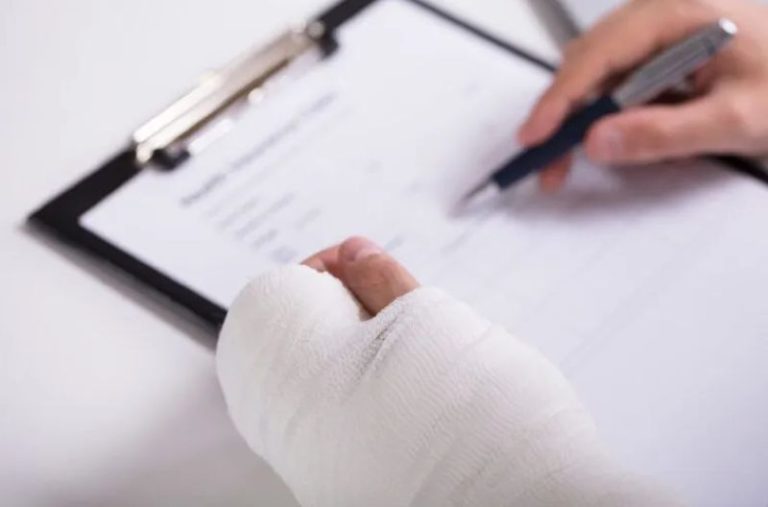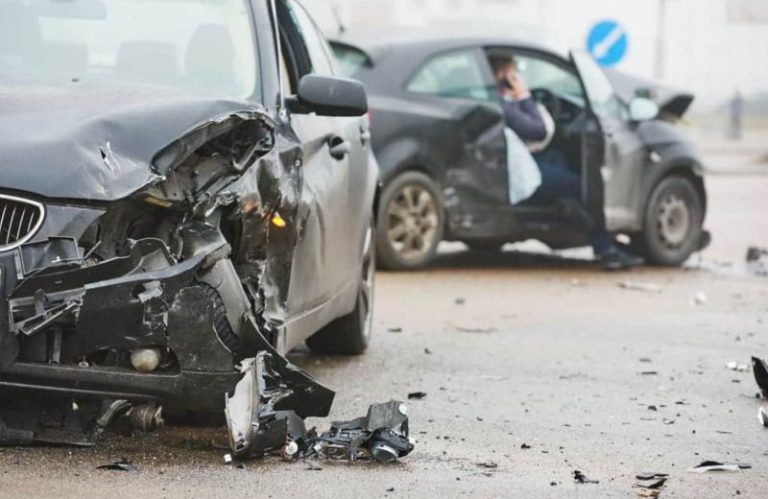

Driving while intoxicated is a major problem in Nassau County, New York, and can totally screw up your life. Apart from the payment of fines or a possible sentence in jail, it can affect your reputation and hurt your career long after the case is closed. A DWI conviction sticks with you in more ways than you might think.
If you ever get charged with a DWI, getting help from an experienced Nassau County DWI lawyer can make a huge difference. They’ll explain your rights, guide you through the legal process, and might even help reduce the penalties you face.
Let’s break down what the penalties are for a DWI in Nassau County in this article and also provide some tips on how to avoid these situations in the first place.
DWI Penalties in Nassau County
The penalties for DWI in Nassau County vary based on the severity of the offense, the driver’s record, and whether aggravating factors are present, such as causing injury or having a child passenger. Here is a breakdown of what you could face:
1. First Offense DWI
If it is your first time being charged with a DWI, the penalties include:
- Fine: The amount of monetary penalty varies from $500 to $1,000. It does not include court service fees and attorney fees.
- Jail Time: You can be incarcerated for up to 1 year, depending on the circumstances.
- Driver’s License: The minimum expected will be a 6-month revocation of a license, which makes every day’s traveling and running errands a much bigger task.
- Ignition Interlock Device (IID): You will be prohibited, by court order, from starting your car unless you give a clean breath test.
2. Second Offense DWI (Within 10 Years)
A repeat offense within 10 years escalates the penalties significantly:
- Fine: $1,000 to $5,000.
- Jail Term: Up to 4 years.
- Driver’s License: Revocation of at least 1 year.
- IID Installation: Mandatory for continued driving privileges after license restoration.
3. Third Offense DWI (Within 10 Years)
A third DWI offense is considered a Class D felony:
- Fine: $2,000 to $10,000.
- Jail Term: Up to 7 years in prison.
- Driver’s License: Revocation for at least 1 year.
- IID Installation: Required as a condition for reinstating driving privileges.
Special Case: Zero Tolerance Law for Underage Drivers
Drivers under the age of 21 face unique penalties under New York’s Zero Tolerance Law for Blood Alcohol Content (BAC) between 0.02% and 0.07%. These include fines, license suspension, and mandatory alcohol education programs.
How to Avoid DWI Penalties
Taking proactive measures can prevent you from ever facing these severe consequences. Here are some practical steps:
1. Plan Ahead
Don’t leave your transportation plans to chance:
- Designate a sober driver before heading out. If you’re drinking, ensure that someone in your group remains alcohol-free to get everyone home safely.
- Use ride-sharing services like Uber or Lyft or call a taxi service. This small expense is far cheaper than a DWI charge.
- Book a hotel or stay with a friend nearby if you plan to consume alcohol.
2. Be Informed
Understanding how alcohol affects your body can help you make better decisions:
- Even small amounts of alcohol can impair your reaction time and judgment, so don’t rely on “feeling fine” to determine whether you’re fit to drive.
- Factors like weight, gender, metabolism, and food consumption can influence your BAC. Err on the side of caution if you’ve had any alcohol.
3. Participate in Community Programs
Many local initiatives aim to educate the public about the dangers of drunk driving:
- Nassau County offers programs such as “Choices and Consequences,” which provide real-life accounts of the devastating effects of DWI. These programs serve as both a deterrent and an educational tool for drivers.
- Some organizations also provide free rides home during major holidays when impaired driving rates are higher.
4. Know Your Rights and Responsibilities
During a traffic stop, stay calm and comply with the officer’s requests. Aggression or refusal can escalate the situation. Be aware of the implied consent laws in New York. By operating a vehicle, you’ve agreed to chemical testing if suspected of DWI. Refusal carries penalties that could compound your situation.


